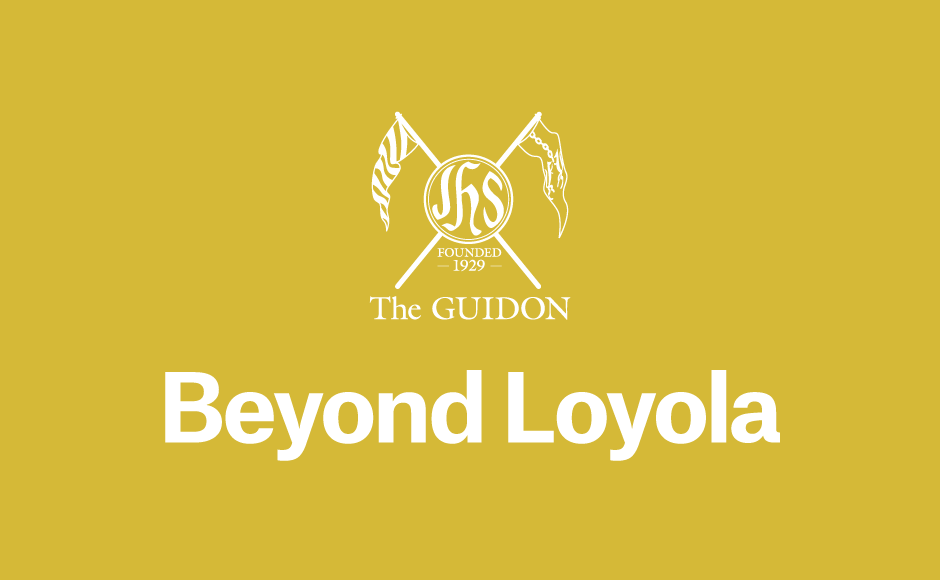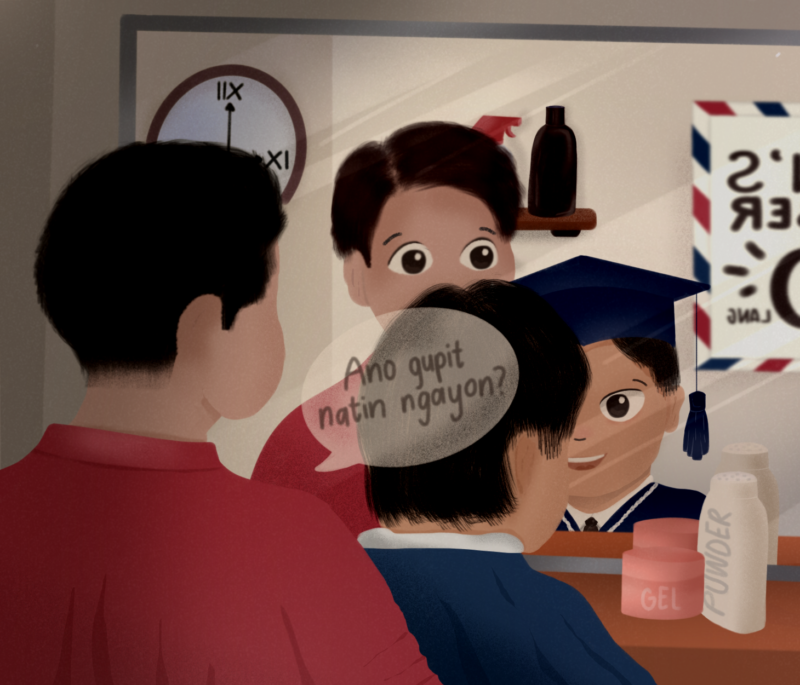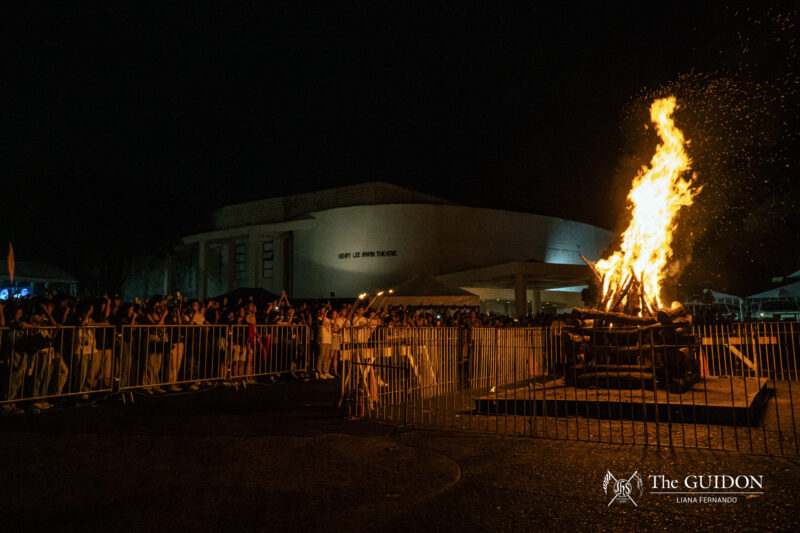MAYORS IN the Philippines are the managers of their cities, and their response to a crisis directly determines institutions’ and establishments’ course of action. For example, in his first 100 days as Pasig City Mayor, Vico Sotto was able to raise the city’s health care budget for 2020 to Php 772.7 million which is now being used to handle the coronavirus pandemic. Thus, mayors are crucial to providing direction to local governments, and much thought must be put into whom one should elect into the position.
According to Republic Act (RA) No. 6644, a person is qualified to run as mayor if they are both a Filipino citizen and a registered voter in the intended election area. A candidate must then be at least 21 years of age with residency in the area for at least one year at the time of the filing of candidacy. Furthermore, the candidate must be fully literate in Filipino, English, or any other local language or dialect.
Being elected mayor demands more than the aforementioned qualifications. In Metro Manila, mayors’ campaign expenses amount to hundreds of thousands of pesos due to costs being proportional to the number of voters in the area. Despite this, the price per voter was raised to a maximum of Php 30 per voter from the previous Php 3 in 2018 to address the 1,629 overspending cases that resulted in disqualification of candidates in 2016. This money was spent in an attempt to increase the popularity of a candidate. With millions of pesos to spend, the list of strategies to win votes ranges from outreach programs and celebrity endorsement to vote-buying and bribery.
A journal published in South East Asia Research entitled “Political dynasties in the Philippines: Persistent patterns, perennial problems” found that the millions of pesos in many Philippine mayors’ accumulated wealth comes from one of the following: Profit, plunder, political dynasty, or even a combination of the three. Mayors with the financial and political support of a political dynasty are more than capable of paying off campaign expenses and navigating the political atmosphere. By not being part of an influential and affluent family, a candidate’s ability to win is greatly reduced. The ordinary electoral opponent is not just one individual, but a family worth millions of pesos who has held power for some time.Solidifying their place in government through strong family ties, political dynasties have effectively removed any competition from local government positions. The lack of competition among mayors with concrete platform-based campaigns hinders changes in cities that face long-running issues—creating a vicious cycle characterized by nepotism and bureaucracy. A mayoral candidate’s fulfillment of the qualifications mandated in RA No. 6644 proves to be the simplest part—the biggest challenge lies in promoting integrity, transparency, and good governance.




